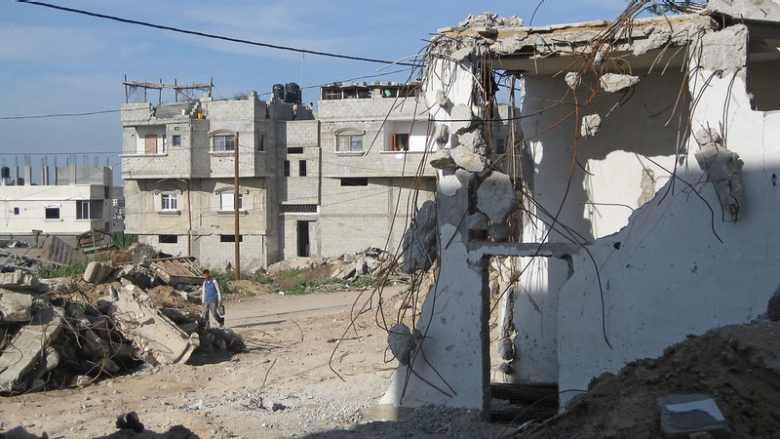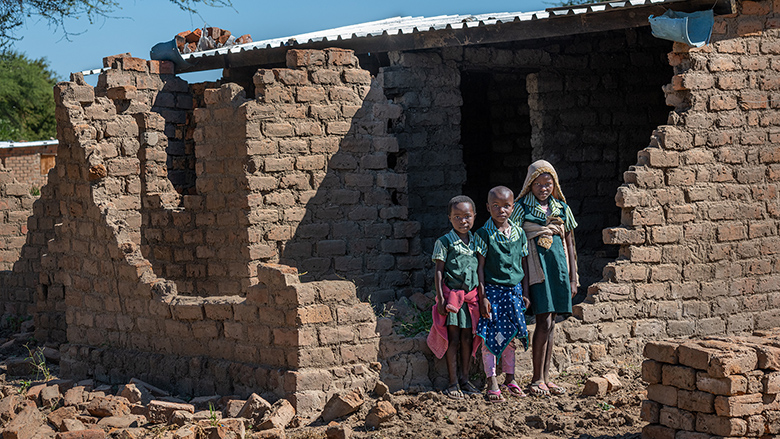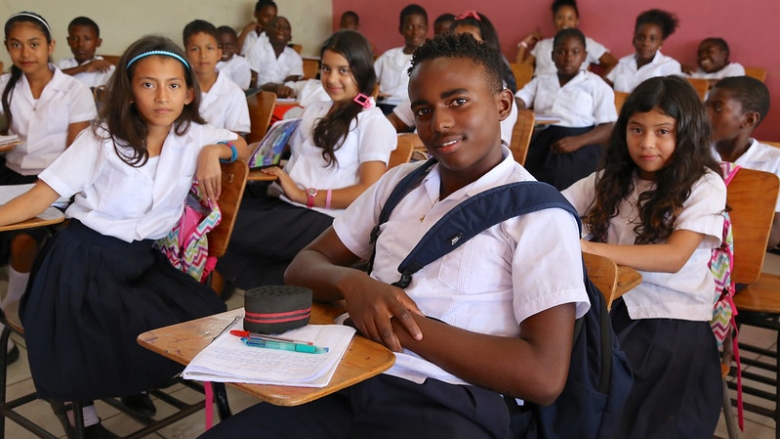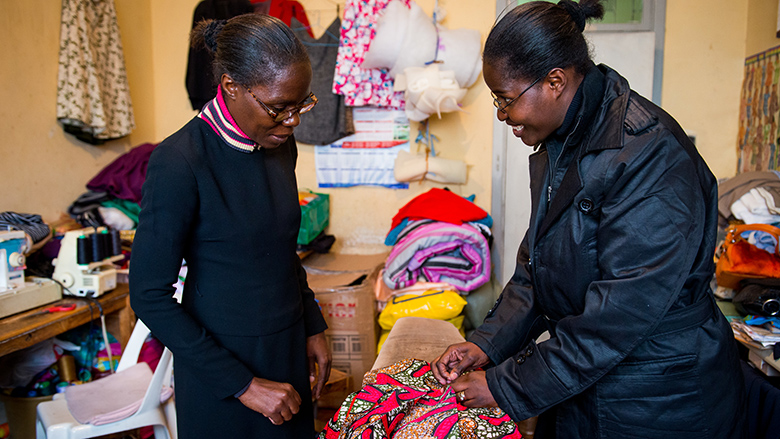PLUS: Rapid urbanization has huge implications for water use and wastewater management in Africa, and more, all in this week's newsletter!
| Having trouble seeing this email? |
| |
| |
| |
| Urgent action and long-term development support are both needed in situations impacted by fragility and conflict. The World Bank Group released an FCV strategy, which combines financing, expertise and partnerships to help address these challenges. | | | |
| |
 | | | | Our new report notes that the 43 countries in the world with the highest poverty rates are in FCS and/or Sub-Saharan Africa. | | | |  | | | | With support from the World Bank, 84,940 people in Nairobi's informal settlements were provided with access to improved water sources, and 137,243 people were connected to the sewerage network. | | | | |
| |
| |
| "According to the World Bank Learning Poverty indicator, more than half of the 10-year-old kids in Latin America and the Caribbean can hardly read or even understand a single paragraph … This is unacceptable if we are to dream about a region that adapts to the technological changes or, more importantly, if we are to dream of eliminating poverty and improving the living standards of all people in Latin America and the Caribbean. After all, to improve the welfare of the population, we need to create more jobs and ensure that they pay good salaries, something that will only happen with a productive labor force that has the required skills and education." -Humberto López – February 24 | | | | | |
| |
| |
| This year's theme is "Women Driving Growth in Africa." Come join us live as we celebrate and discuss the importance of women leading the path to prosperity in Africa, particularly in the private sector. | | | | | |
|
| |
| |
| |
| |
| |
| |
| |
| |
 At the turn of the millennium, 1 in 5 of the world's extreme poor lived in fragile and conflict-affected situations (FCS). Since then, poverty has fallen steadily in economies not in FCS, but the number of poor people in FCS continues to grow. As a result, about half the world's poor reside in FCS today. If current trends continue, by 2030, FCS will account for just 10% of the global population but as many as two-thirds of the world's poor. Read More. |
| |
| |






No comments:
Post a Comment